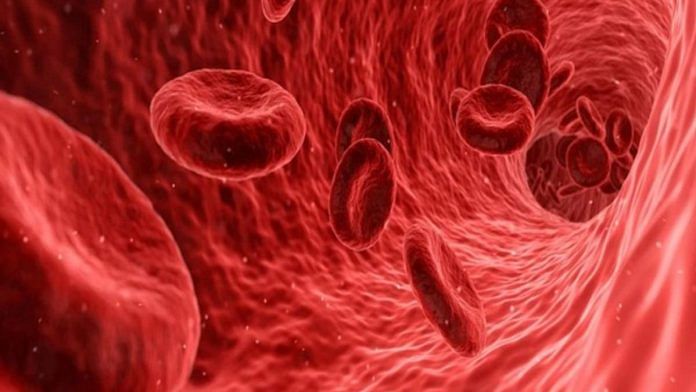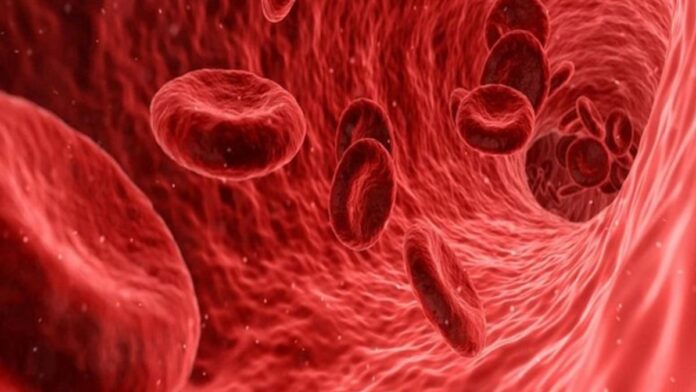


New Delhi: The Department of Biotechnology (DBT) held its fourth webinar in a series focused on the Biofoundry and Biomanufacturing Initiative, this time spotlighting “Biomanufacturing of Enzymes.” The webinar, held on 27 December, brought together experts from academia, industry, and research to discuss advancements and opportunities in this crucial field, a PIB press release stated.
Enzymes are a vital component of sustainable industrial practices, offering environmentally friendly alternatives to chemical catalysts. The webinar highlighted the growing importance of enzyme biomanufacturing in driving innovation and reducing environmental impact across various sectors.
Dr. Alka Sharma, Scientist ‘H’ at DBT, emphasized the BioE3 Policy’s vision to propel high-performance biomanufacturing through sustainable green growth. Dr. Amit Kumar Yadav, Scientist ‘D’ at DBT, provided an overview of enzyme biomanufacturing, highlighting its potential to transform industrial practices through cost-effective and environmentally sound solutions.
Experts from industry and research provided insights into the current landscape and future prospects of enzyme biomanufacturing in India. Dr. Syed Shams Yazdani, Group Leader at the Synthetic Biology and Biofuel Group, ICGEB, New Delhi, outlined strategies for India to become a hub for industrial enzyme production. He emphasized the importance of indigenous enzyme discovery, scaling up manufacturing capacities, and utilizing advanced technologies like synthetic biology and AI/ML to enhance microbial chassis for high-titer enzyme production.
Mr. G.S. Krishnan, President of the Association of Biotechnology Led Enterprises (ABLE), presented an industry perspective, focusing on sourcing, production, and supply chain management of enzymes. He stressed the significance of local innovation and highlighted how the BioE3 Policy is fostering an environment for long-term growth and global competitiveness in enzyme biomanufacturing.
The webinar concluded with a Q&A session, moderated by DBT and BIRAC officials, allowing participants to engage with experts and discuss challenges and opportunities in scaling up enzyme production and addressing regulatory considerations.




